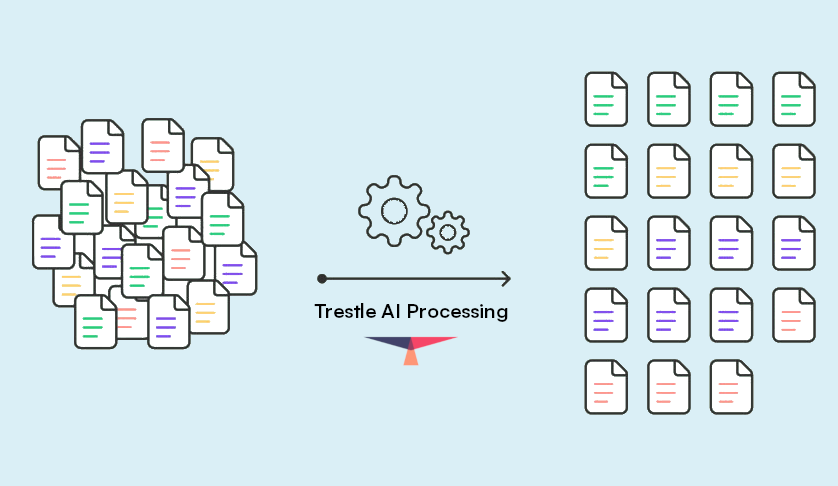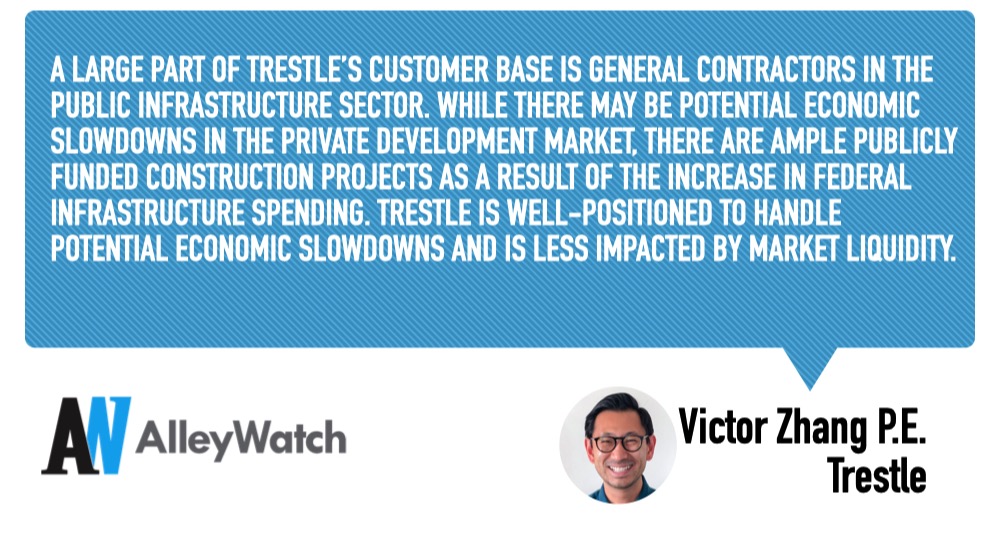How Construction Prequalifications Lead to Less Risk and Better Projects


Time is money in the construction industry. When a dream project pops up, you need to be ready to prepare a solid bid. Prequalifying subcontractors makes it easier to create responsive project teams at a moment’s notice. It also helps you mitigate safety risks, reduces the chances of project delays, and decreases your chances of overrunning project budgets.
As a general contractor, prequalification is a valuable tool that gives you insight into each potential subcontractor and whether or not they are a fit for your team. The current prequalification process is often labor-intensive and inefficient. You may be too busy to properly prequalify your subcontractors or you could be lacking the resources to do it correctly. Thankfully, you can switch up your processes using technology to speed up the process while collecting all the valuable information you need.
What Are Construction Prequalifications?
Construction prequalification is a process in which a general contractor assesses potential subcontractors to see if they are suitable partners for bidding on projects. During the prequalification process, you collect information from each potential subcontractor on their financial sustainability, project experience, safety record, and overall performance.
Because you put your potential subcontractors through a rigorous vetting process before adding them to your database, you can confidently choose the right subcontractors for each bid.
Evaluating your potential subcontractors through the prequalification process saves you from the risks associated with having a sub-par partner on a project team. You already know that your subcontractors have a reputation of completing work on time with no safety issues, so you don’t have to switch out a subcontractor mid-project.
The Current Prequalification Process
You can set up an ongoing prequalification process and research potential subcontractors whenever they contact you, or you could prequalify subcontractors on a per-project basis. However you decide to prequalify your subcontractors, you likely have standard steps for the process.
Most contractors start by setting up their preferred criteria including:
- Acceptable financial ratios
- Safety record
- Project experience
- Required licensing
- Required bonding
- Minimum insurance coverage
Once you’ve set your criteria, you may create a standard application or a list of requirements and supporting documents you'll need from each potential subcontractor.
When you receive an application, you then have to review each submission and verify your potential subcontractor’s information. This part of the process usually takes the longest and requires you to review an extensive amount of manual paperwork.
Challenges With Existing Prequalification Processes
To properly prequalify your subcontractors, you need time and attention to detail. If you’re trying to prequalify subcontractors while handling your regular workload, it’s easy to let parts of the process slide.
Ideally, you should be checking references, calling previous clients for project feedback, verifying financial information, and authenticating certificates of insurance before adding subcontractors to your database. If you’re evaluating multiple subcontractors, the process is tedious and repetitive.
You may find yourself looking through multiple questionnaires and glossing over details the longer you read. On the flip side, these long questionnaires often lead subcontractors to submit incomplete or inaccurate responses.
Not being thorough in your prequalification process negates the purpose of prequalification. If you haven’t vetted your potential subcontractors, you could end up adding a sub-par contractor on one of your project teams. For example, if one of your subcontractors let their insurance expire, you become financially liable for their mistakes, or you might have to delay a project to replace them.
Because prequalification is inefficient, general contractors and subcontractors often experience delays in receiving and processing information. If your potential subcontractors take too long to submit information, you'll start losing trust in them. Conversely, if you take too long with your review, they'll lose trust in you.
Overcoming Challenges With Technology
Thankfully, many within the construction industry recognize the inefficiencies across the current prequalification process. Technology companies with construction industry experience have developed tools you can use to speed up the process and better manage your subcontractors. Here are some ways in which technology can help you.
Customizing Questionnaires
Instead of using a standard questionnaire, you can customize each prequalification application. By customizing your questionnaires, you can collect the right information from each subcontractor. Not all questions on a standard application apply to every firm, which makes the process even more inefficient. With a specialized questionnaire, each potential subcontractor can thoughtfully answer relevant questions.
Automated Risk Assessments
New subcontractor management software can analyze your subcontractor applications and identify potential risks. Look for a platform that lets you add notes to each potential vendor regarding performance evaluations, financial status, and other data so you can choose the right firms for each project.
Automated Reminders
Instead of having to enter multiple appointments into your schedule, you can automate follow-up interviews and renewal requests for each approved subcontractor. You get a higher-quality database of subcontractors when you know their project history and insurance information is always updated.
Faster Financial Calculations
Although experienced financial analysts can look at a potential subcontractor’s financial statements and get a general idea of their sustainability, they still need to calculate respective ratios. Prequalification management software will make these calculations for you. You can enter pre-specified limits and have the software flag vendors that meet your standards.
Enhance the Prequalification Process
For general contractors, prequalification is an important process that saves time and money in the long term. Assembling a strong network of prequalified subcontractors enables you to assemble project teams and prepare project bids faster. You know you’re going to get a high-quality team that can produce the kind of final product that aligns with your reputation.
However, the current process involves a lot of manual paperwork. Your subcontractors have to sift through irrelevant questions on standardized applications, and you have to spend a lot of time verifying information and taking notes.
Prequalification software and other subcontractor management systems help you automate the most time-consuming parts of the process. You can create customized questionnaires, easily verify insurance certificates, and set your platform to flag the best subcontractors for your company.
As the construction industry continues to face labor shortages and other factors that delay projects, you need strong project teams. Shift your mindset and improve your prequalification process with innovative technology.
Keep Reading





